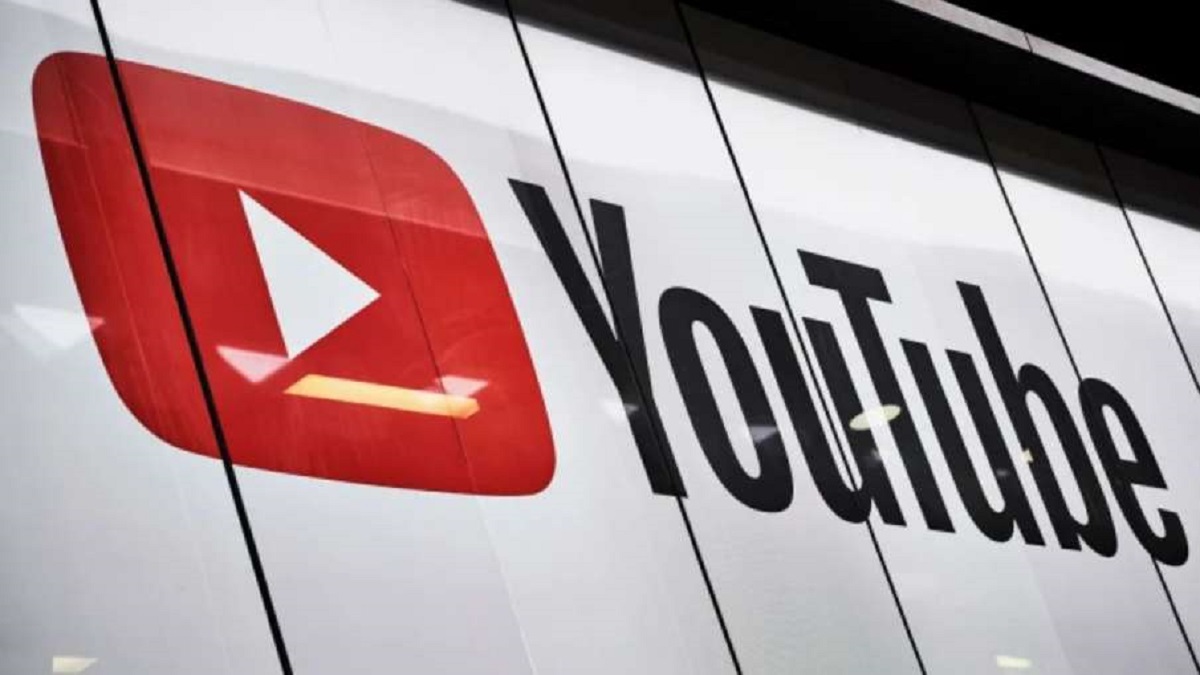The Ministry of Electronics and Information Technology (MeitY) has taken a strong stance against the proliferation of "fake news channels" on Google-owned YouTube. MeitY issued an advisory, calling on YouTube to take necessary legal actions against these deceptive channels. In response to the issue, MeitY has recommended that YouTube include a prominent disclaimer, reading "news not verified," on content from these fake news channels.
In addition to addressing YouTube, the IT Ministry has also directed major social media platforms with user bases exceeding five million members to devise and submit action plans within a span of ten days. These action plans are expected to detail the platforms' strategies for combating fake news and other forms of unlawful content.
This directive is part of a broader effort to curb the spread of disinformation, misinformation, and fake news across digital platforms in India. It reflects the government's growing concern over the influence and reach of unverified or misleading news sources.
Notably, YouTube has recently come under the scrutiny of the IT Ministry for different reasons as well. Earlier this month, the IT Ministry demanded the removal of child sexual abuse material (CSAM) from the platform or face severe consequences. In response, YouTube emphasized its "zero-tolerance policy" concerning CSAM and related content. The platform reaffirmed its commitment to using advanced technology and dedicated teams to promptly detect and remove such content.
Similarly, the encrypted messaging platform, Telegram, was also asked to address issues related to Child Pornography (CP), CSAM, Rape, and Gang Rape (RGR) content on its platform. Telegram stressed its unwavering dedication to upholding both legal and ethical standards, particularly in dealing with these grave issues. The platform asserted its "zero-tolerance policy" for any form of unlawful activities on its platform.
ALSO READ: Convert scanned PDF to editable PDF easily with UPDF’s OCR feature
These developments showcase the Indian government's commitment to combating online content that poses risks to the well-being and safety of its citizens, especially children, while also taking measures to tackle the spread of disinformation and fake news that can have severe consequences for society.
Inputs from IANS

